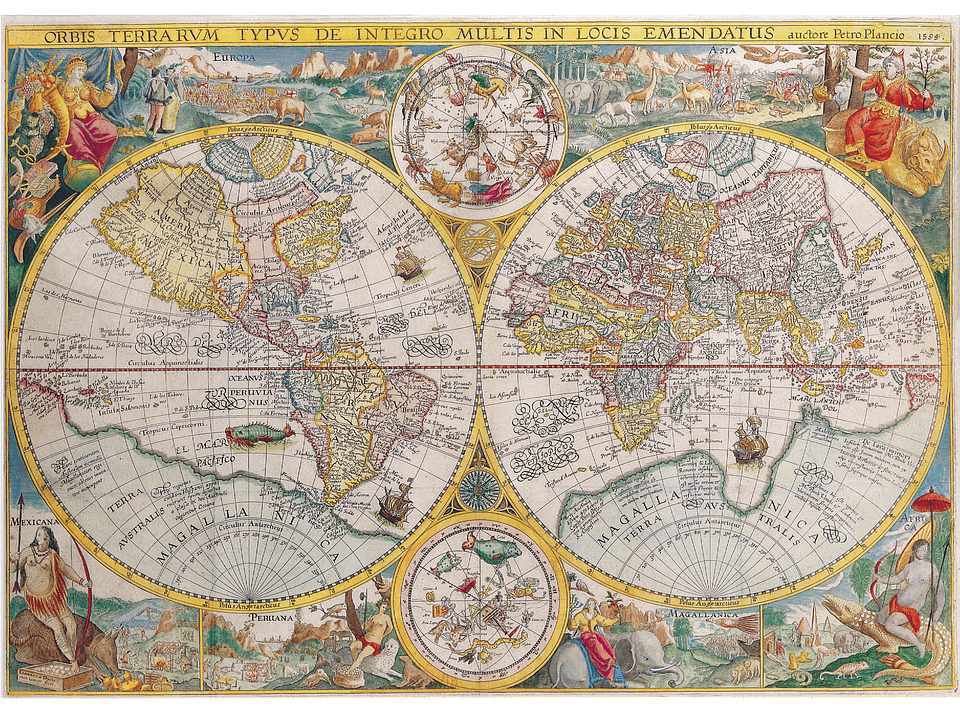The Tehran School of Political Science and the Origins of the Discipline of International Law in Persia (1899-1919)

This is a virtual seminar.
Register here: https://tinyurl.com/ntuhist1402
Abstract:
Embattled by the imperial rivalries of the Great Game, the late 19th-century Persia was on the brink of profound socio-political transformations that culminated in the 1906 Constitutional Revolution. Some of the champions of this national rebirth were the younger generation of nobility who had played crucial roles in the earlier transformation of legal education in the country. In December 1899, a few months after the involvement of Persia in the Hague Peace Conferences, these rising elites founded the Tehran School of Political Science. At the time of its establishment, this school was the second-oldest institution of higher education in Persia – preceded by Dār al-fonūn (est. 1851) – and the first one specifically dedicated to the teaching of social science disciplines, ranging from political science and international law to economics and history. To sidestep the Russo-British colonial influence, the school administration relied on teaching materials and faculty members coming from Continental Europe, primarily France. In addition, it was at this school that the first-ever academic textbooks of various social science disciplines, including international law, were published and taught. Within the next few decades, many of the faculty and alumni of the school came to assume leading positions in the country’s judicial and diplomatic system. The establishment of the school and its transnational links allowed the young, revolutionary elites to blend their inherited familial capital with scholarly capital, which empowered them to become “missionaries of the universal” and brokers between their homeland and the West, thereby consolidating their power vis-à-vis domestic rivals. It is against this backdrop that this paper seeks to elaborate on how the discipline of international law was introduced in Persia, thereby situating the dynamics of the import of the disciplinary expertise (to a non-Western setting) within the broader politics of Western imperialism and the domestic elite struggles.
Soheil Ghasemi is a PhD candidate in International Law at the Graduate Institute of International and Development Studies (IHEID) in Geneva, Switzerland. He also holds a Master’s degree inInternational Law from the Graduate Institute and a Bachelor of Laws (LL.B.) from the University of Tehran. He is primarily interested in the history and sociology of international law. His doctoral project focuses on the historical sociology of the engagement of the decolonization-era Third-Worldist international lawyers and institutions with the politics of knowledge production in international law.

